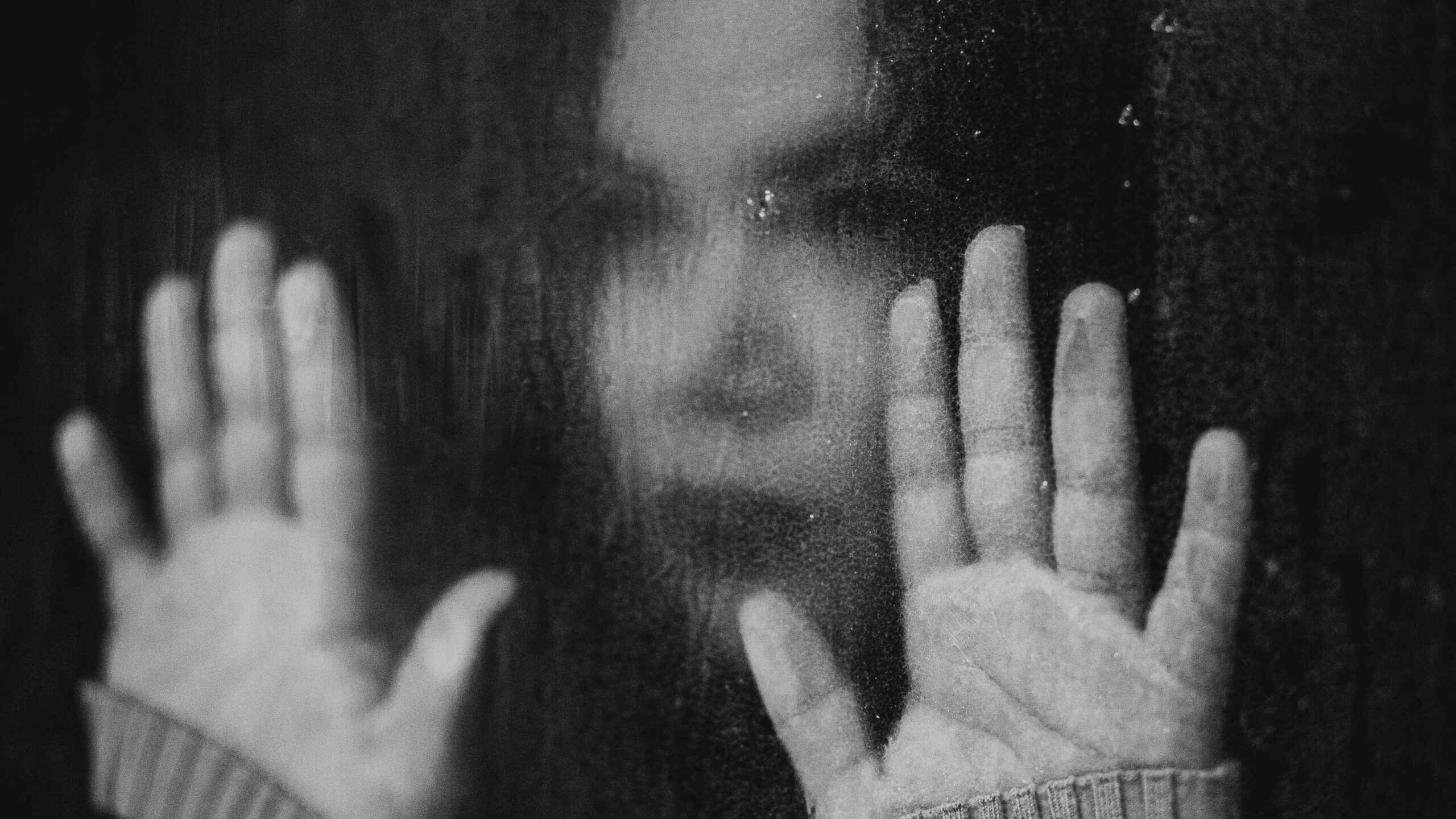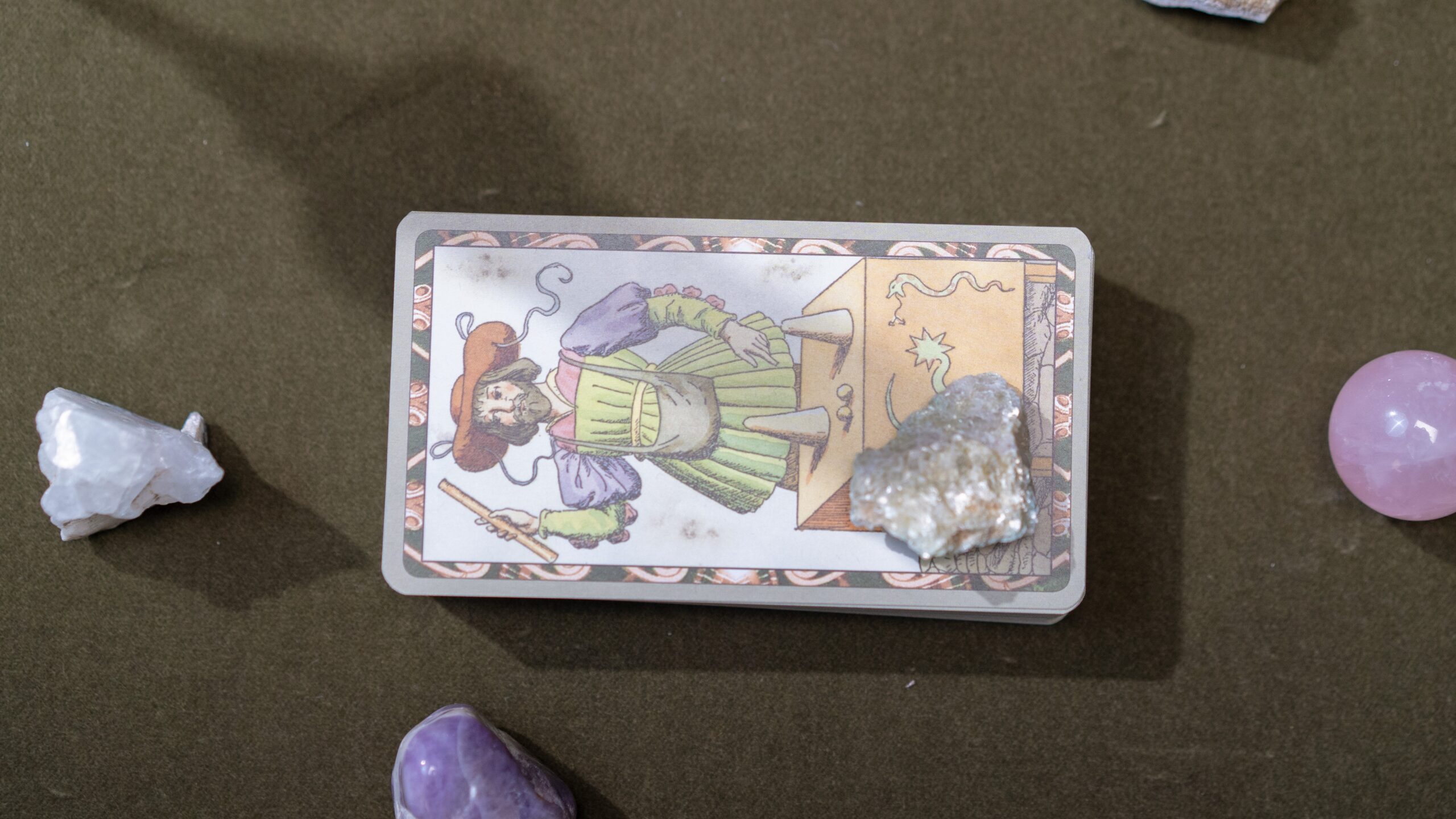3 Scary Facts About Sleep to Keep You Awake
Who doesn’t love crawling into bed at night? It’s nice to lay back and relax your whole body after a long day of work. You start to think about wonderful things as you drift off to sleep.
But then something awful happens: your dreams turn into a nightmare.
As wonderful as sleep is, it’s not always a pleasant experience. Why is that? Your body has natural protections to keep you safe, but sometimes these protections cause you real grief.
Here are three scary facts about sleep that you need to know to make peace with the night.
1. You’re Paralyzed While Sleeping
When a healthy person is deep asleep in their REM cycle, only their eyes move and their body is paralyzed. Scientists believe this is so your body doesn’t react to the events of your dreams.
Our Brains Deceive Us
Our dreams can be very action-packed. Have you ever seen a person wearing a virtual reality headset? Sometimes they become so engrossed by the simulation that they forget it’s not real and run into walls.
Dreams would function similarly if there wasn’t a natural way to prevent self-injury.
Not everyone is paralyzed while they sleep. Parasomnias are sleep disorders of unusual physical activity while sleeping. They’re divided into Non-REM and REM-related disorders, and symptoms for REM-related disorders often reflect physical reactions to nightmares.
What you should take from this is that our dreams have a powerful effect on our brains and can seem real while they’re happening. Our bodies must restrict our movements to prevent us from acting out our dreams in real life.
Sleep Paralysis is Real
Unfortunately, muscle paralysis during sleep doesn’t always function correctly. Sleep paralysis, a common disorder affecting 4 in 10 people at least once in their lives, occurs during the transition between sleep and wakefulness.
Sufferers experience body paralysis and some feel a weight on their chest. Others will even hallucinate that an evil entity is on top of them, likely because they’re in a pseudo-dream state.
If you’ve ever experienced these waking dreams yourself, then you should be able to emphasize with schizophrenics. Some scientists believe that the hallucinations which schizophrenics experience may be waking dreams similar, but not identical to sleep paralysis.
Human brains are weird and can conjure frightening imagery for those unlucky enough to fall under its wicked spell.
3. Dreams Victimize You
Most people report that their dreams are negative instead of positive. There could be a sampling bias in this reporting as you may be more likely to remember your bad dreams or talk about them to a partner immediately upon waking up.
The Battleground of Dreams
Some scientists believe that negative dreams could be because dreams are a training ground for threats. Our minds may be piecing together anxieties from our lives and putting together simulations which we then act out within the safety of sleep.
Whether you’re a man or a woman, the dreamer is more likely to be a victim than an aggressor. Think of the famous dream many have where they stand in front of an audience naked. Why you went on stage naked is a mystery, but the nightmare does feed off your anxiety of being exposed and powerless in front of others.
Your dreams also reflect your culture and the personal knowledge you already have. When it comes to sleep paralysis, Americans are more likely to believe they’ve been abducted by aliens than people in other cultures. Sleep paralysis is the biological reason behind many folk beliefs about monsters.
Preparing for the Night Ahead
You can use all this information to your advantage. Proper sleep hygiene and stress management can go a long way to reduce preventable nightmares and parasomnia like sleep paralysis. Make sure you’re in a good and relaxed mood before going to sleep. Journaling can help you let go of some of the day’s worries.
Those who are spiritual may also find it beneficial to perform rituals that will help alleviate their fears through divine protection. If it turns out nightmares or parasomnia are related to the supernatural after all, then you’re covered on that front too.
3. Nightmares Can Be a Symptom of Brain Disorders
One more disturbing fact about nightmares is that they can be an early sign of a brain disorder. Although most dreams are likely negative, truly horrific dreams which could be properly called nightmares tend to happen more often in children.
Related Disorders
Nightmares in adults can be a sign of something more serious. Aside from the normal anxiety before you’re asleep, sufferers of trauma and post-traumatic stress disorder (PTSD) are more likely to have nightmares. It can also be a symptom that can be used in the diagnosis of the latter.
Other disorders, like schizophrenia and generalized anxiety disorder, can have nightmares common in sufferers. But bipolar disorder and depression sufferers also have nightmares too, as well anything which causes sleep deprivation.
Your Mind Matters
As you can probably determine, negative mental states correlate to the presence of nightmares. That means if you suffer from any condition that can make you emotionally upset before you go to sleep, then you need to do what you can to be in a neutral or positive mental state if you want to avoid nightmares.
Medications can cause nightmares as well, so make sure you’re fully informed about any over-the-counter medications you take or prescriptions. Some medications can also suppress REM activity, so when you stop taking the medication, you could have nightmares as your body gets used to REM again.
The bottom line is that, with nightmares, check with your doctor if you have any concerns. No one should have to suffer recurring nightmares, and there’s usually some treatment available, non-medical or medical, that you can try to reduce or even eliminate your scary dreams.
Final Thoughts
Know that if you suffer from unpleasant dreams, you’re not alone. But if your dreams look more like nightmares and they happen frequently, you should consider making a change in the way you approach sleep.
Realize that your brain induces nightmares to prepare you for a threat, so if you alleviate your anxieties and fears before going to sleep, through self-care like meditation or journaling, you may stop a nightmare in its tracks.
If you’re already tried this or you’re having trouble, seek out a doctor for medical advice.
The next dream you have should be a pleasant one. Have you had any nightmares lately?






